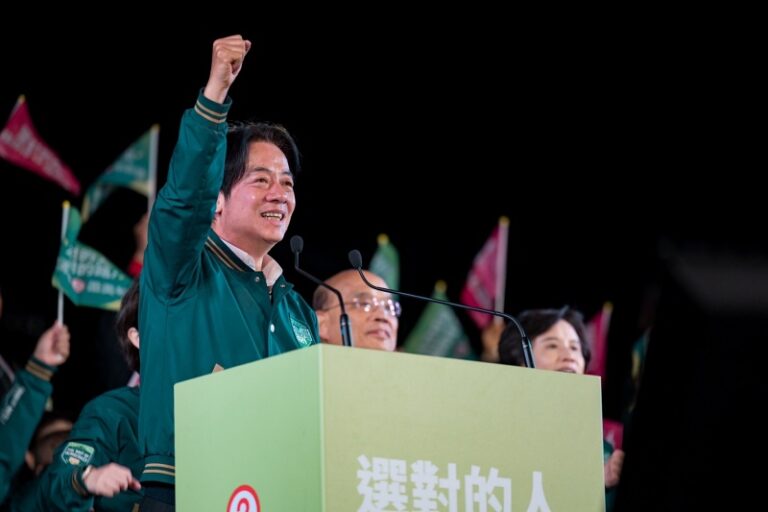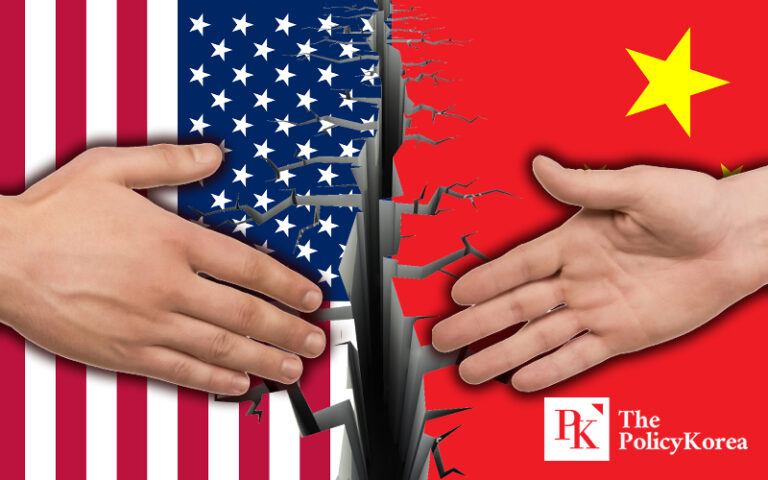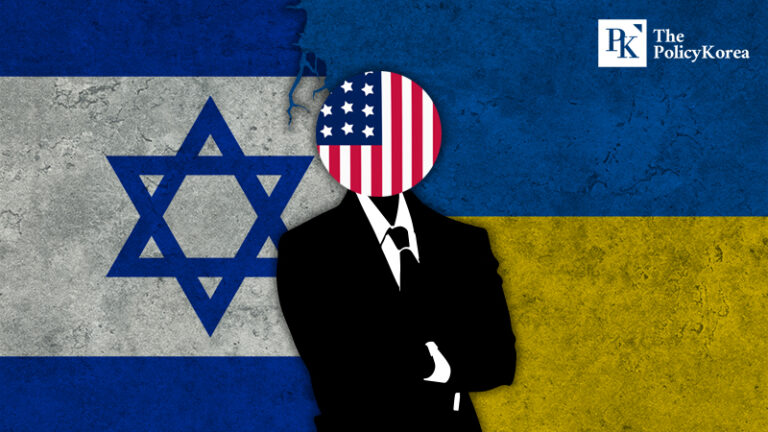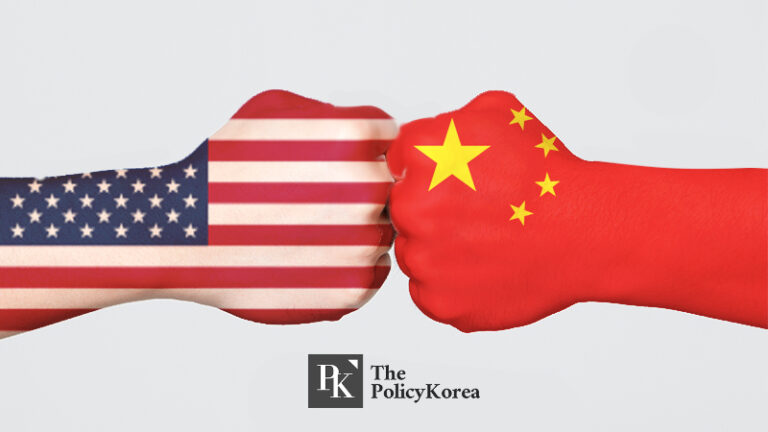The United States has imposed sanctions on companies and individuals involved in North Korea-Russia missile transfers, Are the concerns coming from the wrong place?
Sanctions were imposed on three companies and one individual, and assets of four aircraft were frozen Zelensky: “A lesson must be taught to dictators who threaten world peace” There are also concerns about Korea dominating the Southeast Asian arms market

As it was revealed that Russia used ballistic missiles developed and produced in North Korea to invade Ukraine, the U.S. government began imposing sanctions on Russian companies and individuals involved in the process of transferring North Korean ballistic missiles to Russia. The international community is deeply concerned that defense-producing countries, including Korea, may unintentionally become sources of weapons for Russia.
“We will use all means to sanction those involved in the North Korea-Russia arms trade”
On the 11th (local time), U.S. Secretary of State Tony Blinken emphasized in a statement, “The transfer of North Korean ballistic missiles to Russia is an act of supporting Russia’s armed war and an act that threatens the global non-proliferation system by adding to the suffering of the Ukrainian people.” He declared sanctions against three Russian companies and one individual. Those subject to sanctions include the 3th Aviation Wing, the Russian state-run airline, Vladimir Vladimirovich Mikachik, head of the 1th Aviation Wing, the Vladimirovka Advanced Weapons and Research Complex (VAWARC), and the Ashrouk Missile Test Site.
The U.S. State Department explained that the 224th Aviation Wing was a commercial transportation service company separated from the Russian Air Force and that its two cargo planes were mobilized to transport North Korea’s ballistic missiles and missile-related cargo in November of last year. VAWARC is also said to have provided facilities, airfields, and missile test sites for the transfer and testing of North Korean ballistic missiles to Russia around the same time.
Aside from sanctions against these companies and individuals, the U.S. State Department also plans to implement an asset freeze on four aircraft owned by the Russian Military Transport Aviation Command (VTA). It is known that the aircraft in question were also involved in the process of transferring North Korea’s ballistic missiles and accompanying cargo in November and December of last year.
Secretary of State Blinken said, “We are closely watching the various types of support that Russia provides to North Korea in return for the import of weapons,” and added, “We will thoroughly track and sanction groups and individuals involved in the arms trade between North Korea and Russia.” “We will use all means available,” he said. He also hinted at the possibility of additional sanctions, saying, “If stronger measures are needed than before, we will not hesitate.” Previously, on the 4th, the U.S. White House said, “Russia received dozens of ballistic missiles from North Korea at the end of last year and early this year, and some of them have already been used in attacks on Ukraine.”
Will blocking Russian arms exports also affect Korea?
Ukrainian President Volodymyr Zelensky also visited Estonia on the 11th and called for the international community’s attention to Russia’s efforts to secure weapons, saying, “Russia has received over 100 million rounds of ammunition from North Korea.” Ukraine lacks an air defense system to combat missile and drone strikes, and Russia has recently entered into negotiations with Iran for a missile deal, following North Korea, so strong sanctions are needed. President Zelensky said, “We must make them responsible for all the crimes and destruction they caused by their invasion. If Russia takes economic responsibility, it will teach an important lesson to other dictators who threaten world peace.” emphasized.
Some have expressed concern that defense exporting countries, including Korea, are at risk of unintentionally becoming arms suppliers to Russia along with the great opportunity to develop markets. The explanation is that the flow of arms trade is changing as Russia, which has long been the largest supplier of weapons in Southeast Asia, is blocking exports and expanding imports.
In fact, according to the Stockholm International Peace Research Institute (SIPRI) in Sweden, following Russia’s invasion of Ukraine, Korea has become the largest supplier of weapons for countries in Southeast Asia, and is actively spreading our technology to Southeast Asian countries that do not have indigenous defense industries. The problem is that our weapons and technology sold and transferred to Southeast Asia can flow into Russia at any time.
Adding weight to these concerns is the fact that as the international community’s sanctions against Russia are increasing, it is becoming increasingly difficult for Russia to access cutting-edge technology essential for weapons production. A British economist assessed that “Russia used to be the largest supplier of weapons in Southeast Asia, but lost that position to Korea after the Ukraine War,” and added, “At least the biggest winner so far is Korea.”









 네이버계정으로 로그인하기
네이버계정으로 로그인하기
 카카오톡 계정으로 로그인하기
카카오톡 계정으로 로그인하기
